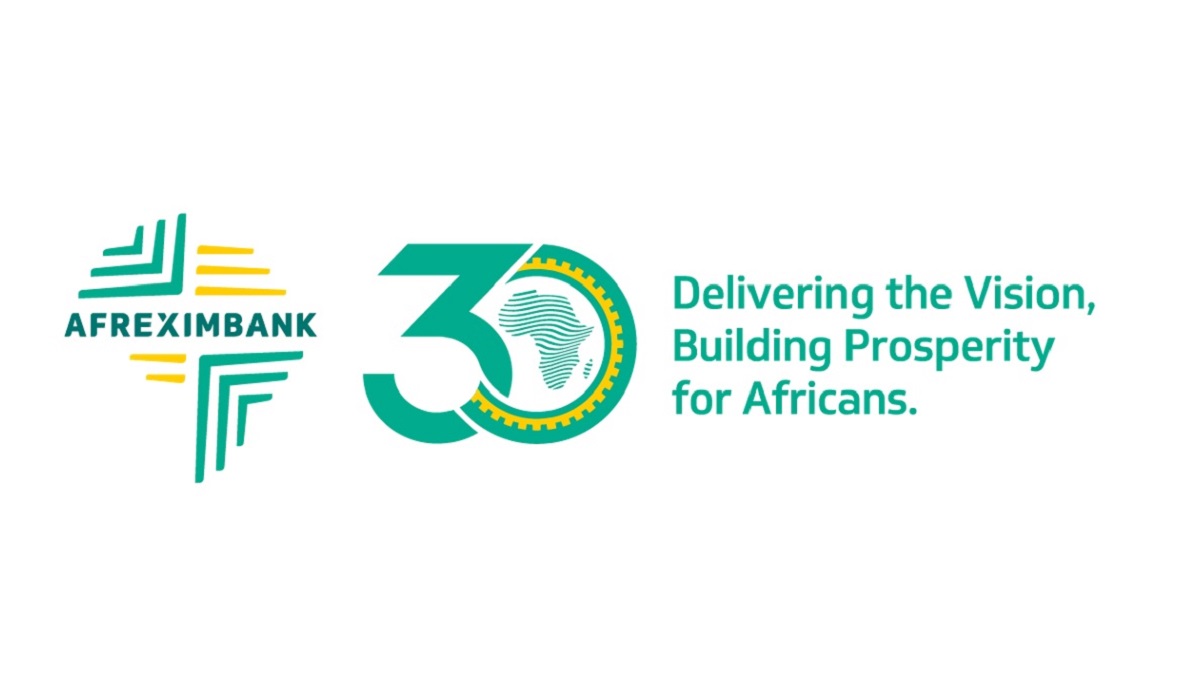Afreximbank will work with the state government to establish bankability for key projects, including the Ikenga Mixed-Use Industrial City, the Anambra Export Emporium and the Akwaihedi Unubi Uga Automotive Industrial Park
AWKA, Nigeria, September 8, 2023/APO Group/ —
The African Export-Import Bank (Afreximbank) (www.Afreximbank.com) has signed a memorandum of understanding (MOU) with Nigeria’s Anambra State Government to collaborate on state development efforts through the provision of project preparation and advisory services, including a potential debt financing programme of up to US $200 million.
Under the terms of the MOU signed by Mrs. Kanayo Awani, Afreximbank’s Executive Vice President, Intra-African Trade Bank, and Prof. Charles Soludo, Governor of Anambra State, during the Anambra Investment Summit, Afreximbank and the state government will jointly prioritize strategic projects for preparation and funding, collaboratively evaluating each project to formulate a time-bound work programme for effective execution.
Afreximbank will work with the state government to establish bankability for key projects, including the Ikenga Mixed-Use Industrial City, the Anambra Export Emporium and the Akwaihedi Unubi Uga Automotive Industrial Park, as well as any other project agreed upon by the parties.
Afreximbank and the Anambra State Government will also conclude all prerequisite actions necessary for securing a financing programme of up to $200 million from Afreximbank and its affiliated entities for the projects contingent upon conclusion of a substantive agreement between the parties.
In addition, the MOU provides for the parties to collaborate on trade and investment promotion in Anambra State through the African Sub-Sovereign Governments Network (AfSNET) and facilitate the implementation of the African Continental Free Trade Agreement. The Bank will work with the Anambra State Investment Promotion and Protection Agency to provide training and capacity building on trade and investment, undertake investment forums, identify, and prepare strategic trade and investment projects and foster collaboration between sub-sovereign governments in Africa. The AfSNET network is expected to facilitate direct exchange of information and peer learning from sub-sovereign governments in Africa.
Other areas of collaboration covered in the MOU include the provision of transaction advisory services aimed at facilitating the procurement of debt and equity capital. It will also focus on export development advisory, twinning services, and senior debt structuring.
Afreximbank is ready to support Anambra State, as it is doing in Ogun and Abia States (Enyimba Industrial City), to promote similar projects here
In an address to the summit, Mrs. Awani, speaking on behalf of His Excellency Prof Benedict Oramah, President and Chairman of the Board of Directors, said that Afreximbank’s mission aligned seamlessly with Anambra’s industrialization objectives, including its vision for a smart mega city, noting that the Bank had identified the emergence of industrial parks and special economic zones as a strategic priority to accelerate Africa’s industrial infrastructure development.
“These facilities do not only optimize capital deployment but also drive economies of scale and nurture ecosystem development,” she said. “They also enable the use of otherwise inaccessible technologies and cutting-edge infrastructure”.
Noting that such projects required substantial funding, she said that innovative partnerships, including public-private partnerships, had emerged as instrumental bridges capable of closing the infrastructure gap that spanned the African continent, adding that the African private sector held immense potential to bolster a wide spectrum of public sector endeavours.
“Just as we have championed the transformative potential of industrial parks and special economic zones across Africa through public and private sector collaboration, committing over US$1.5 billion so far to the realization of these projects, Afreximbank is ready to support Anambra State, as it is doing in Ogun and Abia States (Enyimba Industrial City), to promote similar projects here,” Mrs. Awani continued. “With peace and security gradually returning to the state, with our youth beginning to realize that their future cannot thrive in an environment of widespread insecurity, we can look forward to a similar US$400 million industrial park project in collaboration with the State. It makes business sense to do so, and we have advanced discussions with Anambra State Investment Promotion and Protection Agency (ANSIPPA) to implement creating over 10,000 jobs while bringing export-oriented businesses to Anambra state.
The Bank, leveraging its fundraising capabilities in Africa’s capital markets, could also raise funds that could be deployed into impactful infrastructure projects in the state using various financing instruments and mechanisms which could be explored with the state government, she added.
Ms. Awani announced that Afreximbank’s broader collaboration with Nigeria had been fruitful over the years and had seen the Bank invest over US$36 billion into the Nigerian economy since its creation in 1993. Afreximbank flagship projects currently underway in Nigeria include the US$300-million 500-bed Africa Medical Centre of Excellence in Abuja in partnership with King’s College, London, the Afreximbank Africa Trade Centre, also in Abuja, and the Africa Quality Assurance Centre in Shagamu, Ogun State, which is already operational.
She announced that the Bank was implementing AfSNET, a platform for sub-sovereign governments throughout Africa to promote economic development and encourage intra-African trade and investment by allowing collaboration between the public and private sectors, facilitating peer learning, and allowing Afreximbank to take its products and services to the grassroots, where trade and investment actually take place.
The 2023 Anambra Investment Summit held under the theme “Laying the Foundation for a Prosperous and Smart Mega City.”
Accompanying Mrs. Awani to the summit was Eric Intong Monchu, Afreximbank Regional Chief Operating Officer, Anglophone West Africa, and a number of other senior Afreximbank officials.
Distributed by APO Group on behalf of Afreximbank.
